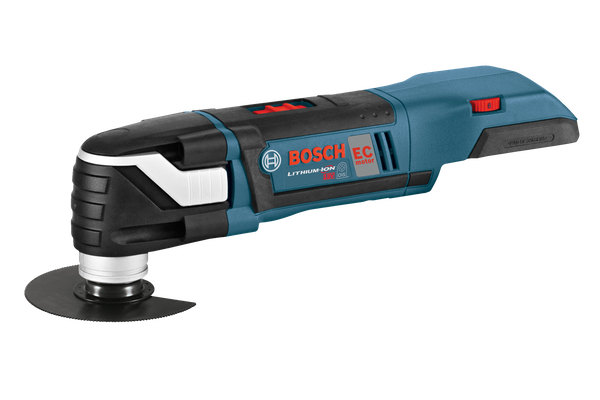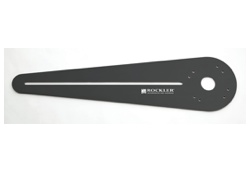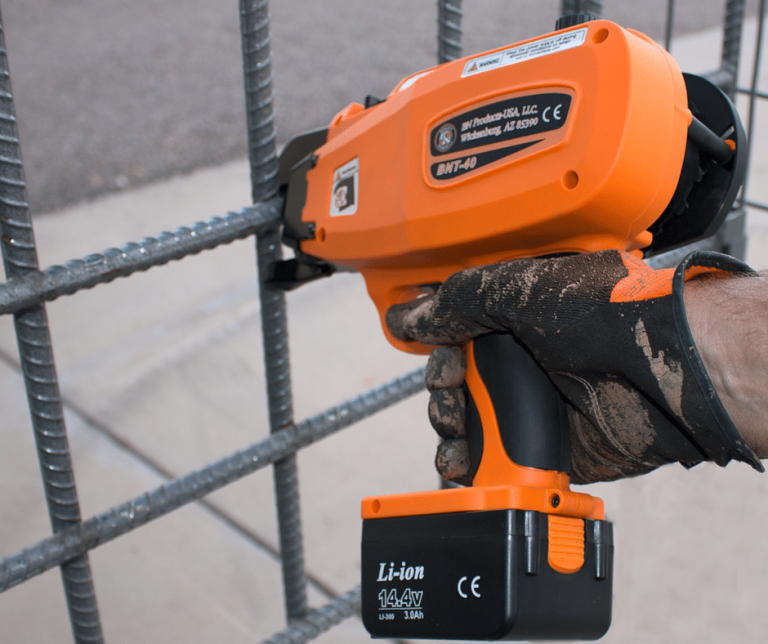Industrial Motors Explained
Industrial motors are essential in powering machines across various industries, converting electrical energy into mechanical work. Whether for manufacturing lines or automated systems, these motors are the backbone of modern industrial operations, enabling high efficiency and precision.
This article breaks down the fundamentals of industrial motors and their importance in machine tools.

What are industrial motors?
Industrial motors are machines that convert electricity into mechanical movement. They are employed in diverse sectors to power machinery like pumps, conveyors, fans, and robotic systems. Their size and power vary depending on the application’s requirements.
These motors are vital for industries like manufacturing, construction, and transportation, where they boost productivity and ensure smooth operations.
What are the common types of industrial motors?
Several motor types cater to industrial needs:
- AC Motors: Versatile and efficient, these motors power conveyors and HVAC systems.
- DC Motors: Known for precision, they are used in applications requiring controlled speed, such as robotics.
- Servo Motors: Ideal for high-precision tasks like CNC machining.
- Stepper Motors: Great for tasks requiring incremental movement, like 3D printing.
Each type of motor offers unique benefits to different industrial tasks.
How are industrial motors used with machine tools?
Machine tools like CNC machines rely on industrial motors for essential functions such as cutting and drilling. Servo motors ensure precise movements, while AC motors power other systems like material handling.
This integration significantly improves manufacturing speed and precision.
What factors affect industrial motor selection?
Key considerations include:
- Power: Match the motor’s torque and speed to your application.
- Efficiency: Choose energy-efficient motors to save costs.
- Durability: Ensure the motor can handle environmental challenges.
- Maintenance: Select motors that require minimal upkeep.
- Compatibility: Make sure the motor fits with your existing tools and systems.
Summary
Industrial motors are a cornerstone of efficient industrial operations, ensuring that systems run smoothly and precisely. Understanding the different types and selecting the right motor for your needs will enhance productivity and minimize downtime in your operations.



